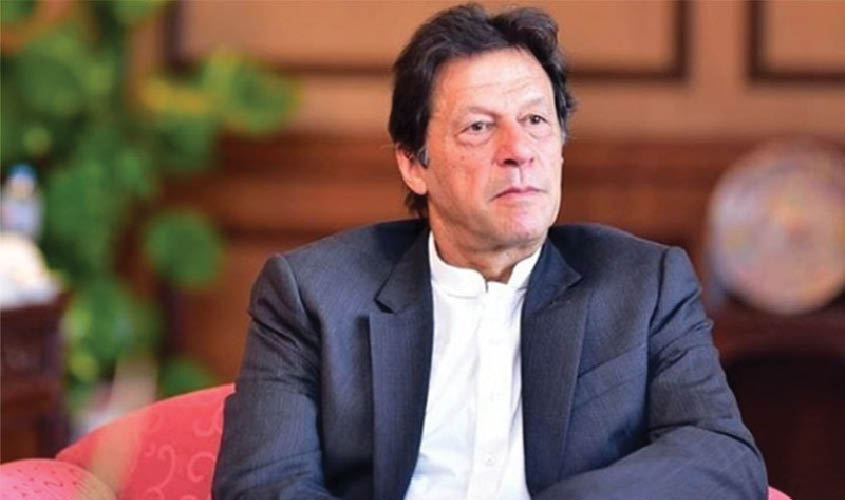Hysterical is the only way to describe the Pakistan establishment’s reaction to the abrogation of Indian Constitution’s Article 370. In the one month post the abrogation, the sight of the Prime Minister of a country, his top ministers and his military masters frothing at the mouth in frustration and desperation would have been comical—“we have 100 gm, 250 gm atom bombs”, as one minister put it very eloquently—but for the malicious core of Pakistan’s neighbourhood policy. A core that is fed by the belief that bleeding India with a thousand cuts will ensure its destruction, that the “land of the pure” is superior to a “kafir India” in God’s eyes, that one Pakistani soldier is equivalent to ten Indian (read, Hindu) soldiers and so on and so forth. Now that the Pakistani establishment has been outmanoeuvred on the Kashmir issue by an agile Narendra Modi 2.0 government, the rhetoric is going from shrill to aggressive, even as the generals unleash an all-out propaganda war on their “enemy unto death”. In this, Pakistan Prime Minister Imran Khan, who has been selected to his post in a sham election by his military masters, has found a kindred soul in certain western media outlets that are allowing him to scream “genocide in Kashmir” and teach India the importance of human rights and democracy. In fact, it is amusing how these media outlets are allowing themselves to be blindsided by the megaphone of a rogue military, which has a long history of committing excesses against its own civilian population, one of the reasons why it lost its eastern wing, which is now Bangladesh—excesses that include acts of massacre, forced disappearances and aerial bombardment of civilian population, among many similar acts. Not only Pakistan is not a democracy, it is also fundamentally flawed as a country, for it allows its laws to discriminate against certain groups of people, particularly the minorities. In fact, it is not even a country. It is an artificial construct carved out by the British on the basis of the Two-Nation theory, according to which Hindus and Muslims cannot live in harmony. In Pakistan, the percentage of minority population has dropped drastically over the years; forced conversions have become the way of life; the medieval practice of “blasphemy” is punishable by even death. There is no comparison to the situation in India, where the minority population has been thriving. Surely an artificially stitched country, which has obliterated its own history in a bid to cut off its Indian roots, can never be equated with a civilisation, and now also a major power, which India is. But then the western media, possibly piqued at the sight of India finding a place on the table of global high power, and even more affronted at the idea of the rise of the “Hindu right”, not only hyphenates India with Pakistan, but ignores Pakistan’s serious transgressions. One of the reasons Imran Khan was selected by the military as Pakistan’s Prime Minister was because of the English-speaking, western-educated ageing playboy’s fast fading “charms”, which, the generals hoped, could be used to influence western, specifically American policy towards the subcontinent. But at a time when Pakistan is on the FATF grey list for terror financing, the scheming generals may have overestimated the western left-liberal media’s ability to influence actual policy. International policy towards Pakistan is fuelled by incontrovertible proof that it is a terrorist state, in fact the font of global terrorism. And however much the Pakistan military’s iron-clad ties with “iron brother” China, the latter too is in no position to force even a formal discussion on Kashmir at the UNSC, let alone a vote. Even seeking US mediation on Kashmir as a quid pro quo for helping the Americans cut and run from Afghanistan is not working, especially in context of India’s firm stance against any such move. No wonder the Pakistan establishment is frustrated. The question is: as a response, will the Pakistan military ramp up its terror activities in India, thus hoping for an escalation in tensions and consequent mediation? But can it thus risk getting blacklisted by FATF at a time when the country’s economy is in a shambles? Imran Khan knows that he has not been able to charm the West, as was the job given to him. How long he retains his chair post the failure remains to be seen. No wonder he is appearing so desperate. In typical Pakistani tradition, Imran Khan may be facing a life and death problem.

